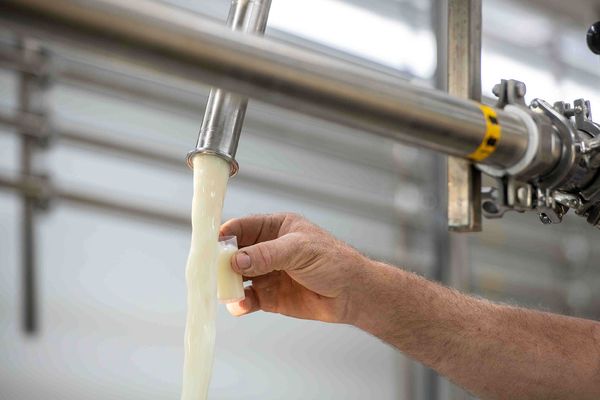
1. High-Intensity Interval Training (HIIT)
HIIT involves short bursts of intense exercise followed by brief rest periods. This method has been shown to improve cardiovascular fitness, endurance, and overall performance.
2. Biomechanical Analysis
Using advanced technology, biomechanical analysis helps athletes optimize their movements to enhance efficiency and prevent injuries. This breakthrough has revolutionized training techniques.
3. Nutrition Science
Understanding the impact of nutrition on athletic performance has led to personalized diet plans that fuel athletes for optimal results. Proper nutrition can improve recovery and muscle growth.
4. Wearable Technology
Wearable devices like fitness trackers and smart clothing provide real-time data on performance metrics such as heart rate, steps taken, and sleep patterns. Athletes can use this information to adjust their training and improve results.
5. Cryotherapy
Cryotherapy involves exposing the body to extremely cold temperatures to reduce inflammation and promote recovery. This technique is popular among athletes for its potential to speed up healing after intense workouts.
6. Sports Psychology
Sports psychology focuses on mental strategies to enhance performance, build confidence, and manage stress. Athletes can benefit from techniques such as visualization and goal setting to improve their mindset.
7. Altitude Training
Training at high altitudes stimulates the production of red blood cells, improving oxygen delivery to muscles. This method can enhance endurance and performance in endurance sports.
8. Recovery Strategies
Advanced recovery strategies like massage therapy, compression garments, and foam rolling help athletes recover faster and reduce muscle soreness. Proper recovery is essential for maintaining peak performance.
9. Genetic Testing
Genetic testing can provide insights into an athlete's predisposition to certain traits like muscle composition and injury risk. This information can be used to tailor training programs for optimal results.
10. Virtual Reality Training
Virtual reality training allows athletes to simulate game scenarios and practice skills in a controlled environment. This technology enhances decision-making, reaction time, and spatial awareness, leading to improved performance on the field.







